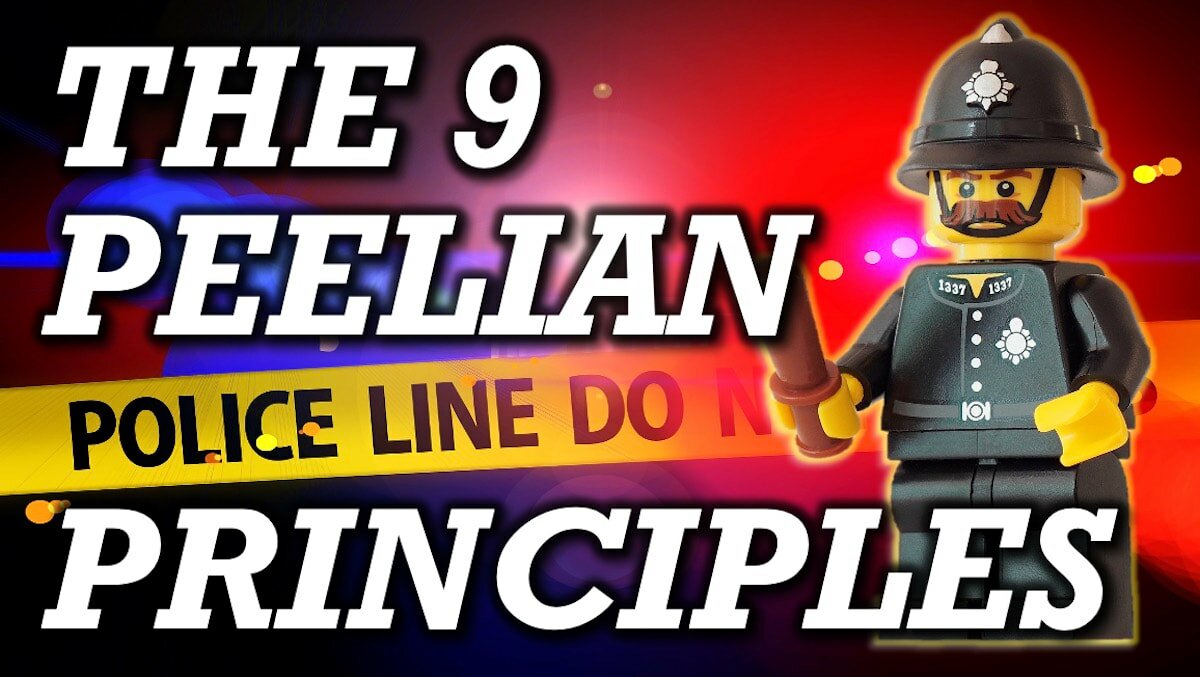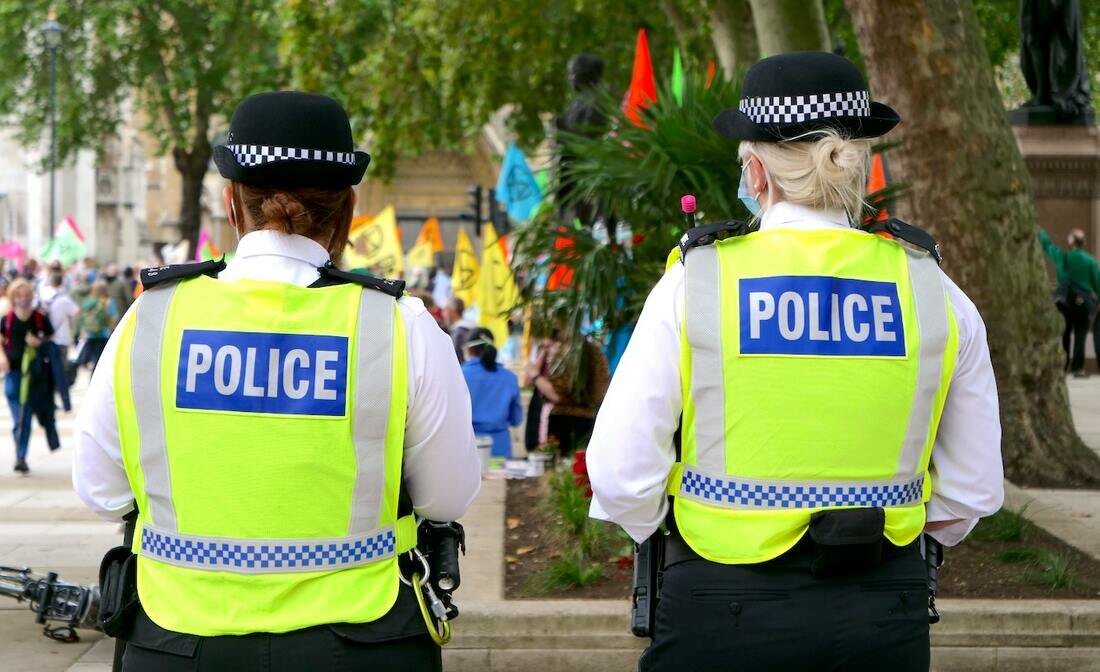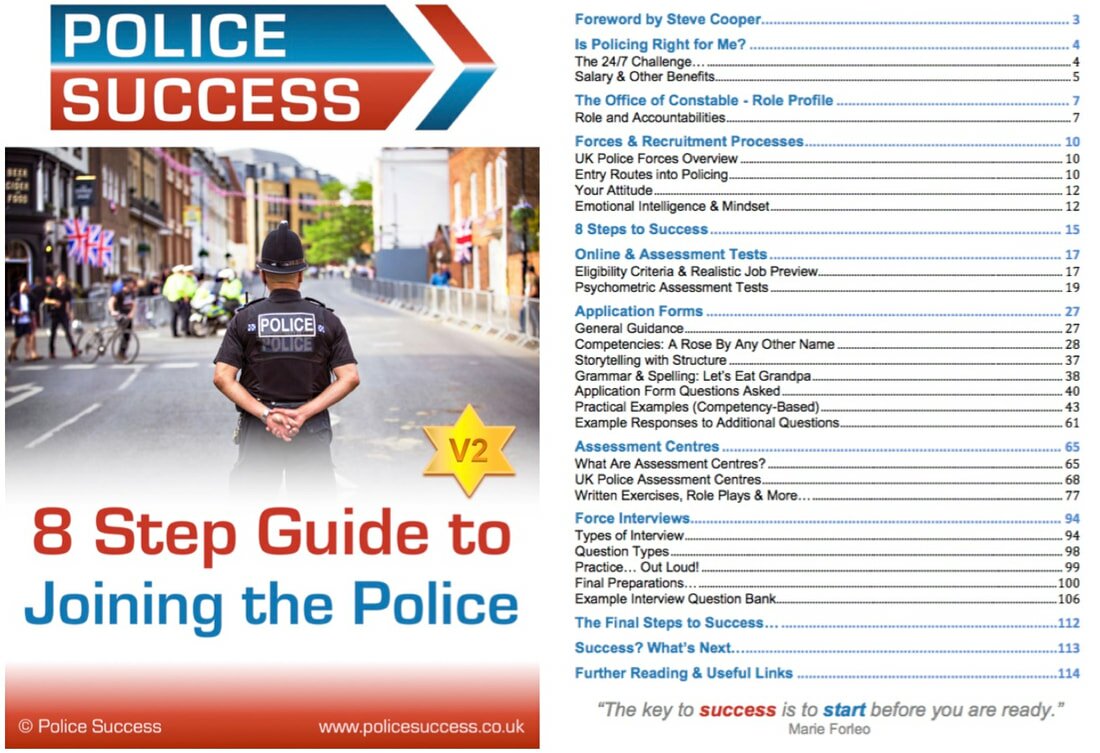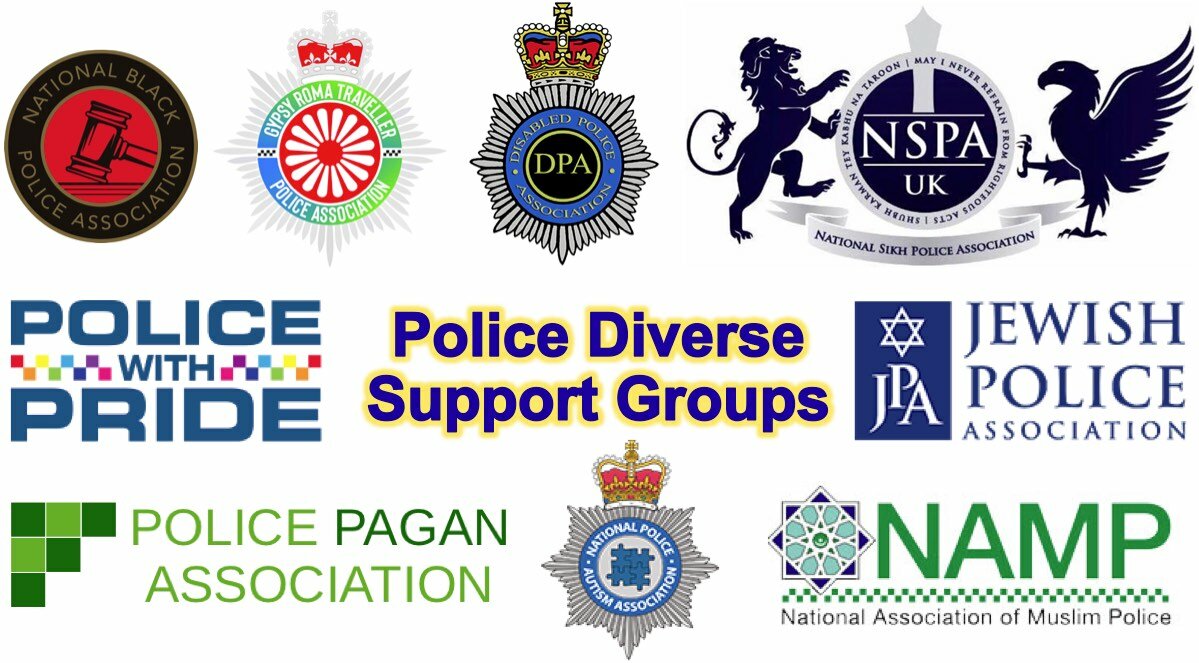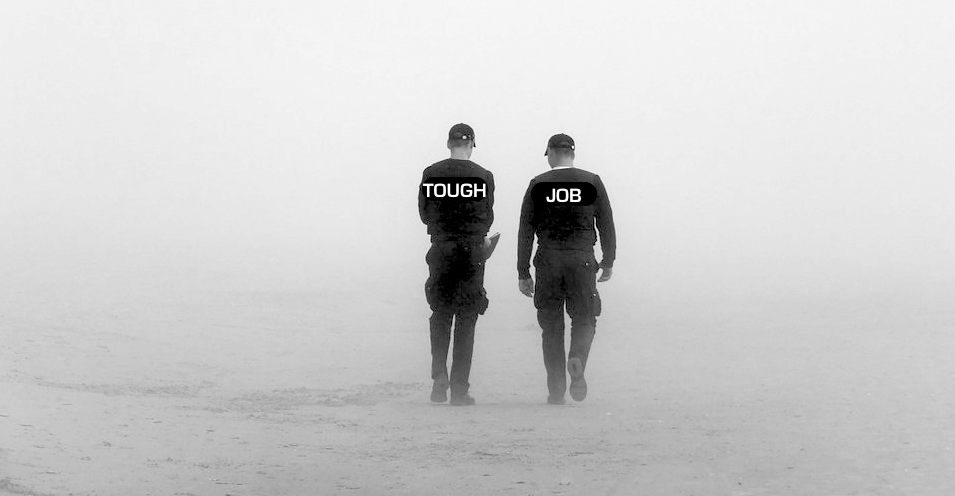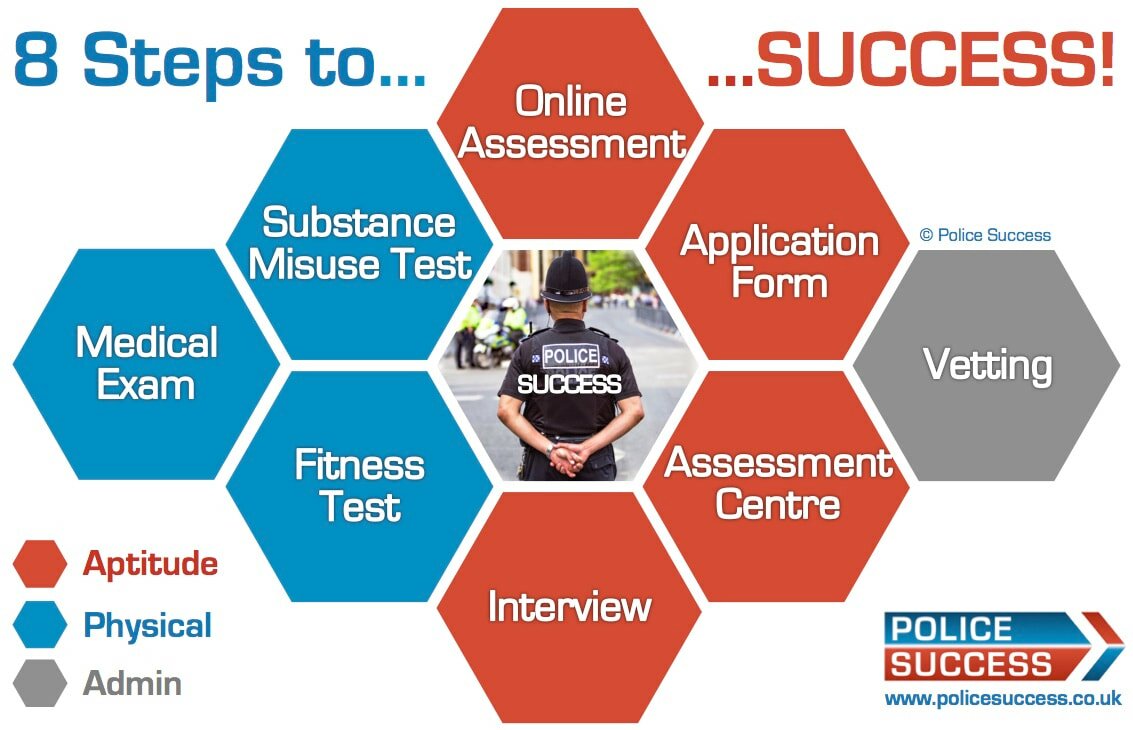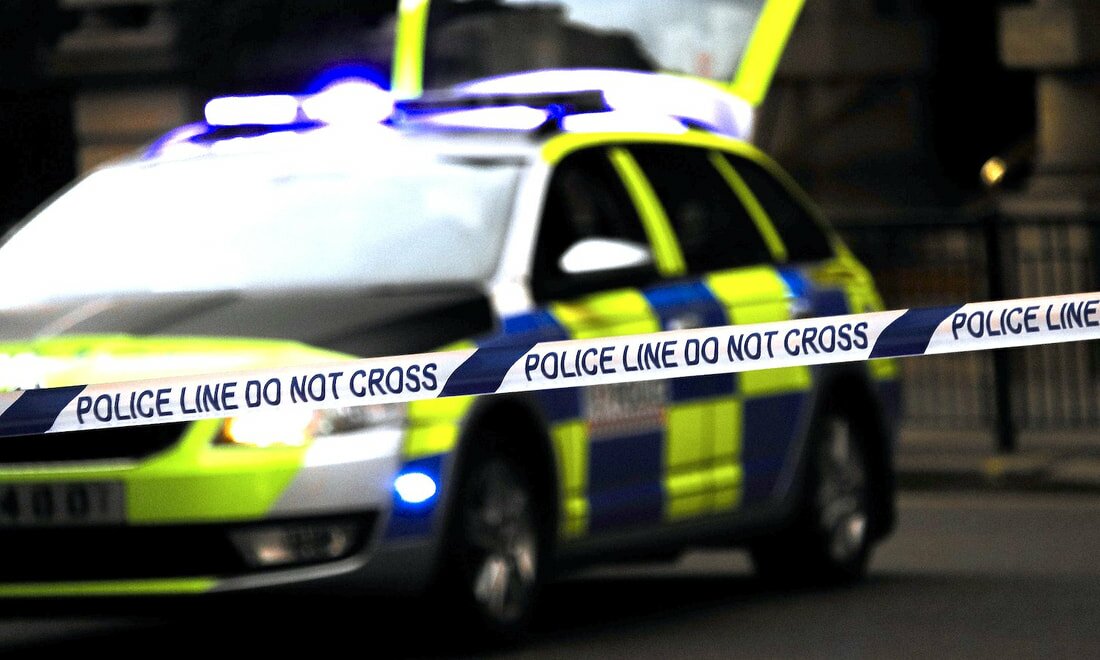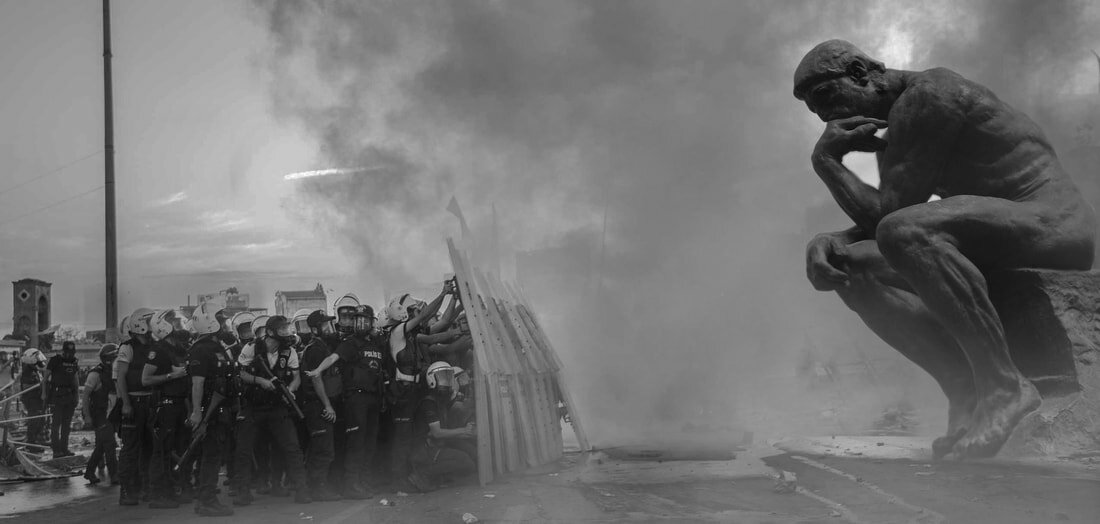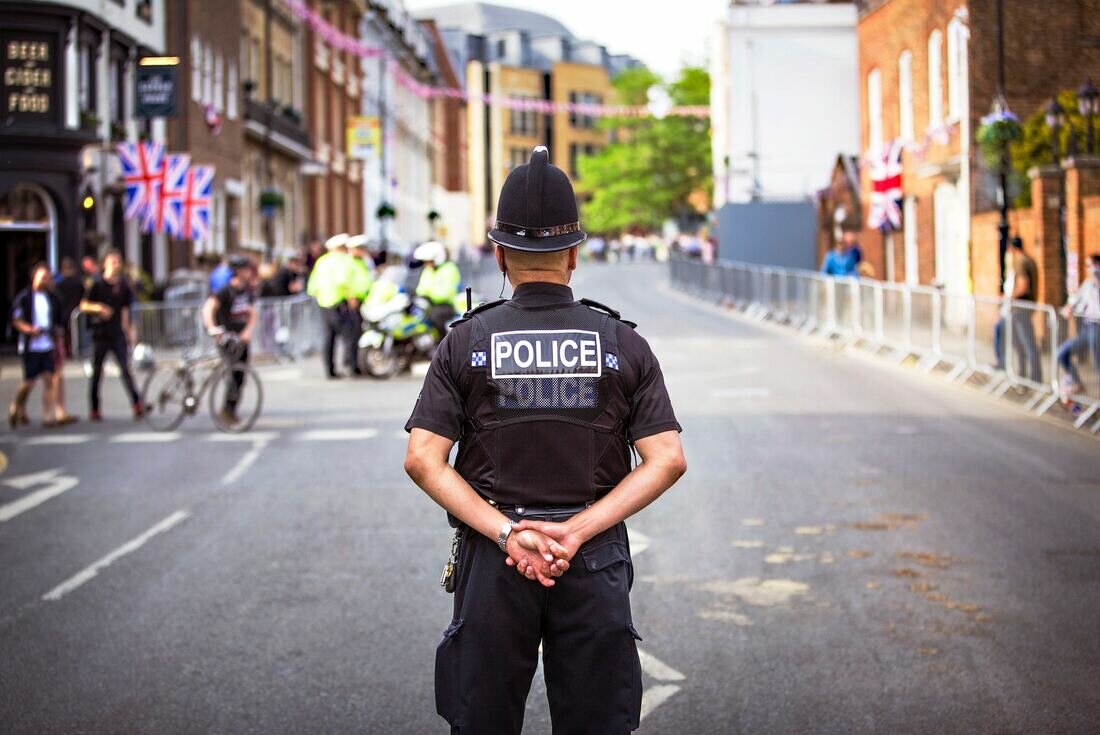|
“The police are the public and the public are the police.”
Peelian Principle
The ‘Peelian Principles’ were established nearly 200 years ago by Sir Robert Peel, who founded the Metropolitan Police Service. These nine principles are considered the bedrock of our ‘policing by consent’ model of policing relied upon in the UK, even forming part of the PEEL inspections for forces.
When researching information about your force in preparing to join the police, it is helpful to understand a little about this history, since much of today’s policing values, goals, oaths, and ultimate legitimacy among the public derives from these ethical foundations of the UK’s first professionalised police force. What Are the 9 Peelian Principles for Policing?
“Ready offering of individual sacrifice in protecting and preserving life.”
Peelian Principle
Let’s get straight into the nine Peelian Principles, where you’ll hopefully recognise their timeless nature and relevance to well-publicised issues surrounding policing today. I’ve highlighted some key points and phrases to prompt your thinking:
1. To prevent crime and disorder, as an alternative to their repression by military force and severity of legal punishment.
2. To recognise always that the power of the police to fulfill their functions and duties is dependent on public approval of their existence, actions and behaviour, and on their ability to secure and maintain public respect. 3. To recognise always that to secure and maintain the respect and approval of the public means also the securing of the willing co-operation of the public in the task of securing observance of laws. 4. To recognise always that the extent to which the co-operation of the public can be secured diminishes proportionately the necessity of the use of physical force and compulsion for achieving police objectives. 5. To seek and preserve public favour, not by pandering to public opinion, but by constantly demonstrating absolutely impartial service to law, in complete independence of policy, and without regard to the justice or injustice of the substance of individual laws, by ready offering of individual service and friendship to all members of the public without regard to their wealth or social standing, by ready exercise of courtesy and friendly good humour, and by ready offering of individual sacrifice in protecting and preserving life. 6. To use physical force only when the exercise of persuasion, advice and warning is found to be insufficient to obtain public co-operation to an extent necessary to secure observance of law or to restore order, and to use only the minimum degree of physical force which is necessary on any particular occasion for achieving a police objective. 7. To maintain at all times a relationship with the public that gives reality to the historic tradition that the police are the public and that the public are the police, the police being only members of the public who are paid to give full-time attention to duties which are incumbent on every citizen in the interests of community welfare and existence. 8. To recognise always the need for strict adherence to police-executive functions, and to refrain from even seeming to usurp the powers of the judiciary of avenging individuals or the State, and of authoritatively judging guilt and punishing the guilty. 9. To recognise always that the test of police efficiency is the absence of crime and disorder, and not the visible evidence of police action in dealing with them. How Are the Peelian Principles Relevant to Policing Today?
“The power of police to fulfil their functions and duties is dependent on public approval of their existence, actions, and behaviour.”
Peelian Principle
These Principles are powerful and timeless in their relevance to policing. Consider for example how officers respond bravely to all kinds of incidents, up to and including terrorism attacks such as around London Bridge just a few years ago. Then read again the Principle that inspires such bravery, 'the ready offering of individual sacrifice in protecting and preserving life'.
Here are some more examples how these founding principles play out in modern policing: CVF Values You will be assessed on your values when seeking to join the police. The national Competency and Values Framework (CVF) defines the core policing values as: Public Service, Integrity, Impartiality and Transparency. Some forces have their own bespoke CVF values, for example Police Scotland and the Metropolitan Police. Knowing the Peelian Principles can help put meaning toward these sometimes-abstract words. This will help you better explain in your own authentic way when, how and why you have demonstrated these behaviours, for example in an interview scenario. Oath and attestation When you successfully pass your application, inte rview, and other assessments, you will swear an oath (aka ‘attestation’) when you become a Police Constable. Below are the oaths sworn by officers in England & Wales (and other UK territorial police forces such as British Transport Police and MoD Police), Police Scotland, and PSNI. They differ slightly, but the values and principles are seen throughout. Read this document on the office of constable for further principles relevant to police officers today. England & Wales oath: “I do solemnly and sincerely declare and affirm that I will well and truly serve the Queen in the office of constable, with fairness, integrity, diligence and impartiality, upholding fundamental human rights and according equal respect to all people; and that I will, to the best of my power, cause the peace to be kept and preserved and prevent all offences against people and property; and that while I continue to hold the said office I will to the best of my skill and knowledge discharge all the duties thereof faithfully according to law.” Police Scotland oath: “I do solemnly, sincerely and truly declare and affirm that I will faithfully discharge the duties of the office of constable with fairness, integrity, diligence and impartiality, and that I will uphold fundamental human rights and accord equal respect to all people, according to law.” Police Service of Northern Ireland oath: “I hereby do solemnly and sincerely and truly declare and affirm that I will faithfully discharge the duties of the office of constable, with fairness, integrity, diligence and impartiality, upholding fundamental human rights and according equal respect to all individuals and their traditions and beliefs; and that while I continue to hold the said office I will to the best of my skill and knowledge discharge all the duties thereof according to law.” Performance and measures of success It might be argued that policing would do well to revisit Principle 9 in context of objective-setting and performance goals! Legitimacy Legitimacy of centralised, professional (paid full-time) policing has been an issue from the founding of the Met Police and persists to this day. Although originating among suspicions police might devolve into a French model of more militaristic policing 200 years ago, today’s issues of legitimacy are different. They include for example: whether policing is representative and inclusive of the communities it serves (particularly increasing diversity to account for changing demographics); whether response to various protests is proportionate and impartial to the cause (be it Black Lives Matter, Extinction Rebellion, Anti-Vaccine Passports, or more recently Insulate Britain); police use of force, particularly in an age where officer actions are broadcast on social media in minutes; proportionality of stop and search, particularly the police’s ability to then engage with Black and Minority Ethnic communities. Professional standards of behaviour Police officers are expected to uphold much higher standards of behaviour than the general public, because otherwise what consent from the public can be gained when the police must impartially uphold law and order? When it goes wrong, this has a detrimental effect on public confidence and gets well-publicised across the media. For example, the facts of the Sarah Everard case and increasing reports of sexual misconduct and misogyny from male officers will have severely dented trust and confidence in the police from women. The knock-on effects of this can be dire (be it reduced confidence in reporting sexual assault and other crimes or general reduced cooperation with investigations). Officers are held to much higher standards to the extent that underpaying for Jaffa Cakes from your station tuck shop or exaggerating your qualifications can get you sacked and barred from policing. Therefore, it is imperative to conduct yourself to these high standards throughout the recruitment and assessment process, from being honest on your application form to acting professionally in assessment centres. Code of Ethics The police Code of Ethics (COE) defines how policing expects all police officers and staff to behave. It is essential reading and expands further on expected standards of behaviour, including honesty and integrity. It will help add insight and meaning to the CVF values. The COE will also help prompt ideas of when you have demonstrated such behaviours in the past, or how you would do so in future-based questions / scenarios.
“Integrity is doing the right thing, even when no-one is watching.”
C.S. Lewis
Force PEEL inspection frameworks
The Peelian Principles even underpin how most UK police forces are inspected and assessed by Her Majesty’s Inspectorate of Constabulary and Fire & Rescue Services (HMICFRS, or colloquially in policing, HMIC). PEEL stands for Police Effectiveness, Efficiency, and Legitimacy. Here’s an example summary of Merseyside’s latest PEEL Assessment and the sorts of things assessed. I provide more on my Rank Success YouTube channel supporting serving police officers with leadership CPD and promotion – much of which is also relevant to those seeking to join the police! Where else can you envisage these Peelian Principles apply in policing today? I hope you found this blog helpful and useful food for thought. For complete guidance on joining the police and navigating the assessment process, please download my ‘8 Steps to Success’ eGuide. Even better, use promo code JOINTHEPOLICE for a whopping 50% off at checkout. I wish you every success on your journey! Kind Regards, Steve
I hope you found this blog helpful, whether you are an aspiring to join the police as a member of the public, leaving the military, a serving Special Constable or PCSO. Download the comprehensive Police Success guide (below) for more detailed guidance, or feel free to arrange some 1-2-1 coaching for bespoke support. The guide includes comprehensive information about the role, CVF, assessment tests, application interviews, practice questions, and much more to help you excel and achieve your ambition to joining the police!
0 Comments
Police Officers Support: Part 2 (Diversity Support Associations)
"Everybody can be great, because anybody can serve."
Martin Luther King Jr.
There are diverse range of support organisations in policing for police officers and staff. You will discover more about them once you are successful in joining the police. This blog series provides an overview for those seriously interested in going through the police assessment centres and applying to join their local force, with information most are unaware of until they join. Part 1 provided insights, history and functions of the Police Federation, the official negotiating body for police officers across England, Wales, Police Scotland and Police Service of Northern Ireland. This blog collates for you the formal associations relating to diversity, specifically in reference to individuals' 'protected characteristics'. Protected characteristics are defined in the Equality Act 2010 and Public Sector Equality Duty; subjects you would do well to become familiar with ahead of your police interview and questions which may arise around your values (a detailed example/practice interview question bank and guidance is provided in our comprehensive Police Success guide!). Police Officer Support: Part 1 (Police Federation)
"Anything is possible when you have the right people there to support you."
- Misty Copeland
This blog series provides headline guidance on the support associations and services in the UK police service once you have joined. Many of these provide information and guidance for those wanting to join the police as an officer. Support organisations and networks range from the official Police Federation in England, Wales, Scotland and Northern Ireland (effectively the 'trade union' of serving officers), support groups based around 'protected characteristics' (a subject useful to know for your application / interview!), to other activity-based, informal and in-house support groups. All aim to provide support, activities, and/or represent the views of officers in some way. You can find out more in your police force once successful at your interview, application or other recruitment assessments which the Police Success guide supports you with. But let's start in this first with the most prominent... 8 Steps to Joining the Police (Part Two)
“The key to success is to start before you are ready.”
- Marie Forleo
In the previous blog (PART ONE), I summarised the first three steps to joining the police. Well done for reaching this far in your quest to become a police officer! In this post I will outline what the final five obstacles look like and how to navigate them, with particular emphasis on the competitive police interview recruitment process. 8 Steps to Joining the Police (Part One)
“A smooth sea never made a skilled sailor.”
- Franklin D. Roosevelt
In the Police Success comprehensive guide to becoming a UK police officer, I break down the journey into 8 steps, providing guidance on how to pass each in detail. Joining the police will be a challenge, both mentally and physically, but now is a fantastic time to join as most forces are doubling their recruitment intakes. However, it remains a highly competitive process, so recognising the journey ahead will help. Here are the broad steps you will take, which as shown in the image I group into three simple themes of aptitude, physical and administrative:
Are Police the Hammer or the Anvil?
Should police always act on the letter of the Law? Maybe there is a greater purpose that should determine our response during civil disobedience like the recent 'Black Lives Matter' protests/riots (they have been described as both). During times of change, civil unrest is common but is it the job of the Police to take a side? Now some dust has settled and emotions aren't running so high, let’s consider that in this post which might spark some thoughts to those applying for the challenging, yet rewarding job of Police Constable...
How to Nail Police Recruitment Briefing Exercises
“Keep your fears to yourself, but share your courage with others.”
- Robert Louis Stevenson
To join the police, you may be required to deliver a formal briefing or presentation as part of the competitive police recruitment process. Particularly now in light of the changes to national online assessment centres I recently described, which involve online briefing exercises and written exercises. A common question asked by those wanting to join the police is, 'How can I pass the briefing exercises in the assessment centre?' This blog offers food for thought on the topic of briefings and how you might approach this type of assessment exercise. Police officers need to be effective communicators, so a short presentation or briefing as part of joining the police provides assessors with insights of your communication skills and values. This step usually comes after successful completion of your police application form. For many people, the very thought or prospect of formally briefing or ‘presenting’ to strangers fills them with dread, especially if not done this before. What is the New Online Assessment Centre for Police Recruitment?
"You cannot discover new oceans without the courage to lose sight of the shore."
- Andre Gide
I highlighted in early April this COVID19 crisis would spark a revolution in police recruitment processes to continue Uplift, with 'Virtual Assessment Centres' in England & Wales forces coming to replace 'SEARCH' and 'DAY ONE'. This has now quickly become reality, with the College of Policing (COP) recently announcing the new online assessment process as part of measures to support police recruitment. But what is this new virtual assessment centre for recruiting officers?
As an overview, the police online assessment centre will last throughout 2020 and entail the following three elements, each of which this blog provides guidance on, absolutely free: Step 1: Situational Judgement Test (SJT) Step 2: Competency-Based Video Interview Step 3: Briefing Exercise & Written Exercise What Experience do you Need to Join the Police?
“Experience is often the most valuable thing you have to offer."
- Randy Bausch
The ongoing police recruitment drive aims to boost UK police numbers by 20,000 officers. To achieve this means recruiting an estimated 45,000 police recruits over the next few years accounting for natural turnover. So if policing is a career that appeals to you or someone you know, there has probably never been a better time to apply and a greater chance of being accepted. In the UK police recruitment process, you will be required to provide details about your life and work experiences in support of your application. Has COVID-19 Killed UK Police Recruitment Uplift?
"Crises and deadlocks when they occur have at least this advantage, that they force us to think."
- Jawaharlal Nehru
In response to COVID-19, the College of Policing have now postponed police assessment centres. 20,000 new police officers are still required to meet the government’s recruitment target. This so-called 'Coronavirus', or more so the current response to mitigate the effects of the global pandemic, have unquestionably set back plans to recruit new cohorts of police officers. 'SEARCH' and 'Day One' recruit assessment centres are postponed. This will clearly delay the necessary uplift to the frontline of policing. However, it is in times of existential threat and national crises that innovation emerges. New ideas and previously unacceptable or unaffordable initiatives are often considered, supported and implemented... Joining the Police: How are your Values?
“If you embody our purpose and values, join us and make a difference.”
Police Recruitment Advert
As the Police Service recruits 20,000 more police officers, opportunities to join are abound. There has never been a better time to join the police! If you aspire to become a police officer, the recruitment process is challenging; not only for candidates but also individual police forces. In the UK, policing by consent means that the public expect police officers to demonstrate professional behaviour in their dealings with communities. Chief Constables are responsible for delivering effective and efficient policing, they need to ensure they select only those individuals whose personal values closely align with the values of the police service. People behave according to their values. So before becoming a police officer, it’s not surprising that the joining process requires you to demonstrate and share insights about your personal values... Police Application Forms: Evidence & Examples
“What can be asserted without evidence can be dismissed without evidence.”
Christopher Hitchen
Having chosen to become a police officer, as part of the police recruitment process you will be expected to provide some supporting information about your life and work experiences. This will be assessed against the role and behaviours expected of police officers. Police application forms contain set questions. Different police forces ask different questions on their recruiting forms, but all require specific information to assess against their policing competencies. For example, in England & Wales, evidence is often required to demonstrate behaviours such as Professionalism, Working with Others, Decision Making and Service Delivery. Whether your chosen force uses these or other behaviours of an effective police officer, it can be daunting to think about what evidence or examples you may have from your own experiences, then writing about it. The good news is that you almost certainly have what forces are looking for... Food for Thought: Is Policing Right for You?
"Most of the time you're dealing with people who don't like you.”
Steve White
Before embarking on a career as a police officer, you must answer this fundamental question: "Is policing right for me?" The question is so fundamental, it's even asked of you by most forces in the application process. Researching the role of a police officer is a good opportunity for a reality check, because it’s certainly not for everyone. Depending on what you read or who you speak to, you could be encouraged by the excitement, variety and noble challenge of the job. Or you might change your mind fairly quickly!
Your Personal Guide to Becoming a Police Officer
"The police are the public and the public are the police."
- Sir Robert Peel
Policing is a challenging yet rewarding career to which many people in the UK aspire. However, the police recruitment and assessment process is something many fail, as police forces demand only the best applicants to protect and serve the public. Police forces in England and Wales are increasing officer numbers by 20,000 as part of 'Operation Uplift'; this will require recruiting 45,000 officers over the next few years. Police Scotland and Police Service of Northern Ireland (PSNI) continue to regularly recruit and encourage people to become police officers. Note that the PSNI online application process opens 26 February! All have challenging, multi-stage recruitment processes. In this competitive process, only 1 in 10 applicants prevail through the myriad of police application, assessment tests and interviews. Most fail through lack of preparation for or knowledge of this police application process. |
 RSS Feed RSS Feed
AuthorA former Royal Marine, Detective Inspector, and is a qualified coach/mentor. With extensive police experience, Steve also established Rank Success to help officers achieve police promotion. CategoriesAll ArchivesOctober 2021 |

